Losing a Pet: How To Cope and Grieve In a Healthy Way

It doesn’t matter if it is the first time or the tenth time you’ve lost a pet… it is just as devastating every time it happens. There is no way to prepare for the pain you feel when your pet passes away, and it can be easy to slip into unhealthy coping mechanisms to try to deal with it. While there is no way to go through the grief process non-painfully (the pain is a reminder that you truly loved your pet, after all), learning how to cope and grieve in a healthy way can give you something to focus on so that you don’t get stuck in that low place that it can be so easy to live in when pet loss occurs.
Acknowledge Your Grief Is Valid
If you’re surrounded by people who aren’t “pet” people, it can feel like your grief is unwarranted and out of place. Some people just don’t understand how important our pets are to us, and may react by saying things they think are helpful like “it was just a pet.”
Remember, how you’re feeling is valid. Your grief is valid.
It’s also ok if you need to distance yourself from people who don’t truly get it, even if just for a little while. Pain isn’t a contest, and anyone who suggests your pain is any less valid because it was “just a pet” isn’t someone you should be around as you're trying to process your grief.
Give Yourself Grace and Understanding
Grief is not a linear process. While there are stages of grief most people can expect to experience - denial, anger, bargaining, depression, and acceptance - they don’t always happen in order and some you may skip altogether.
There really is no “correct” way to process the loss of a pet. Make sure to give yourself room to process your grief in a way that feels right to you. You don’t have to answer or explain yourself to anyone else.
Consider Joining a Support Group
This can be especially helpful if you don’t have people in your life who understand how you feel and what you’re going through.
Pet loss support groups are becoming more and more prevalent. This doesn’t have to be an in-person group, either. There are plenty of online pet loss support groups that you can lean on without having to get dressed and go to a physical meeting. Just feeling acknowledged, understood, and validated by people who have experienced the same loss that you have can be incredibly cathartic. Sometimes, getting “permission” to grieve from others can help you work through the process in a healthier way.
You don’t have to go through this alone.
Memorialize Your Pet
Once the pain starts to dull a little, you’ll want physical reminders of your deceased pet around. It can be easy to get stuck in the memory of the very end of their lives, and forget that they lived full, happy lives up until that point.
Pet paintings are a great way to honor your pet in a way that you choose. Some people find comfort in portraying their pet as an angel, which reminds them that they are in a better place. Others may want to showcase them in a silly way, like as a Harry Potter character or a captain. Having a pet portrait commissioned, one that you can hang on your wall in a place of honor, is a great way to keep your pet’s presence in your life, long after they are physically gone.
Create New Traditions
Your pet meant a lot to you. Turning your pet’s loss into something positive is an incredibly healthy way to cope with your loss in a healthy way.
Some people choose to pick a day in which to start a new tradition, like volunteering at a shelter or donating to a charity in their name6. It can turn an unhappy, painful memory into something you can use to give back even a small portion of the love that your pet gave to you. This not only honors their memory, but also helps other pets.
Develop a New Routine
We all develop routines with our pets, whether that is conscious or unconscious. We feed them at a certain time of day, walk them at a certain time of day, etc. One of the most painful parts of losing a pet is feeling like your entire life has just been completely dismantled.
Developing a new routine can help with that feeling. You can still take a walk at the same time, but take a different, new route. It can help you adjust to your new “normal,” and get you out of the house at the same time. In addition, exercise helps release endorphins (or “happy” hormones) that can help you start to feel a little bit better emotionally. For many people, walking is a way to get out of their heads a little bit and focus on their physical bodies. Walking mindfully in this way can help you take a small break from being so focused on the pain.
Get Another Pet When You’re Ready
While plenty of well-meaning people will suggest that you go right out and get another pet to “replace” the one you’ve lost, pet owners understand that this is impossible. Your pet can’t and won’t ever be replaced, as they occupy a special part of your heart that is reserved only for their memory.
However, some people find it helpful to adopt another pet fairly quickly after the loss occurs, citing difficulty dealing with a “quiet” house. Remember, there is nothing wrong with adopting another pet right away if you feel like it is the right thing to do (and not as a way to not deal with your grief).
Other people never want to get another pet, or feel like they’ll never want to. That’s not wrong either. How you feel right now is valid, and when or if you decide to adopt another pet is entirely up to you and what feels right. Listen to your heart, and not to other people, no matter how helpful they may think they’re being.
Remember Not To Neglect Your Surviving Pets
Pet loss can dig you into a dark hole, where you forget about many of the basic, necessary parts of life like eating and cleaning. Even if taking care of yourself may feel impossible, make sure not to neglect any other pets you may have.
Pets mourn the loss of their housemates too, although they show it in different ways. They need your support just as much as you need theirs. Surviving pets may become lethargic, stop eating, or even wander around the house looking for their deceased friend. They need help coping, too.
Focusing on your surviving pets can be a great way to take some of those feelings of loss and grief and channel them into a healthier place. You’ll feel a lot better, and your surviving pets will appreciate the love and comfort. It will also help form an even closer bond with them, as you deal with your loss together. Consider taking longer walks, joining a training class, or taking a trip to the pet store to pick out a new toy. Getting out of the house is healthy and necessary, especially when you’re grieving.
In the end, grief is an individual process. Remembering that grief and loss are normal, and that no two people experience the loss of their pet the same, can help you work through your own grief in a way that is healthy. The pain you feel when losing a pet is valid and real, and acknowledging that is essential to coming out the other side of the tunnel, no matter how dark it may seem right now. There is light there.
Sources:
https://www.psychologytoday.com/us/blog/here-there-and-everywhere/201905/coping-the-loss-your-pet
https://www.akc.org/expert-advice/lifestyle/grieving-a-pet/
https://secure.humanesociety.org

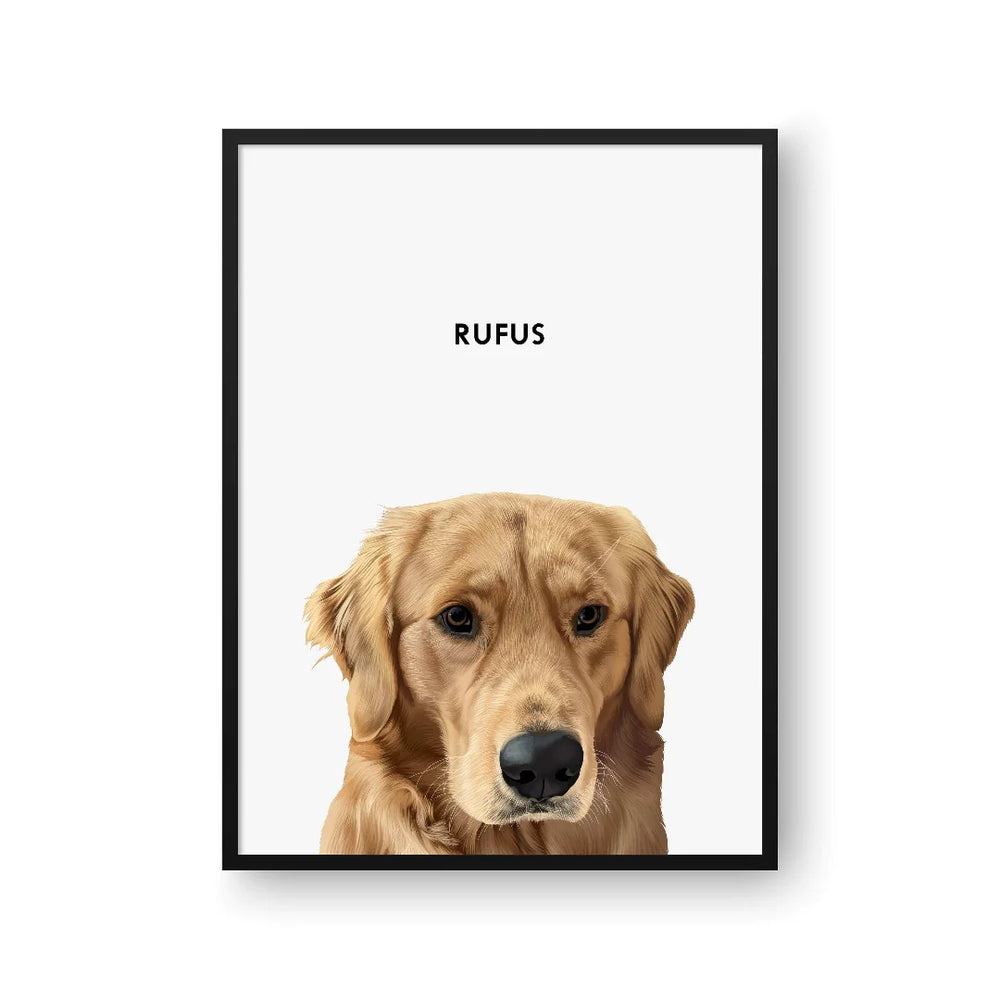
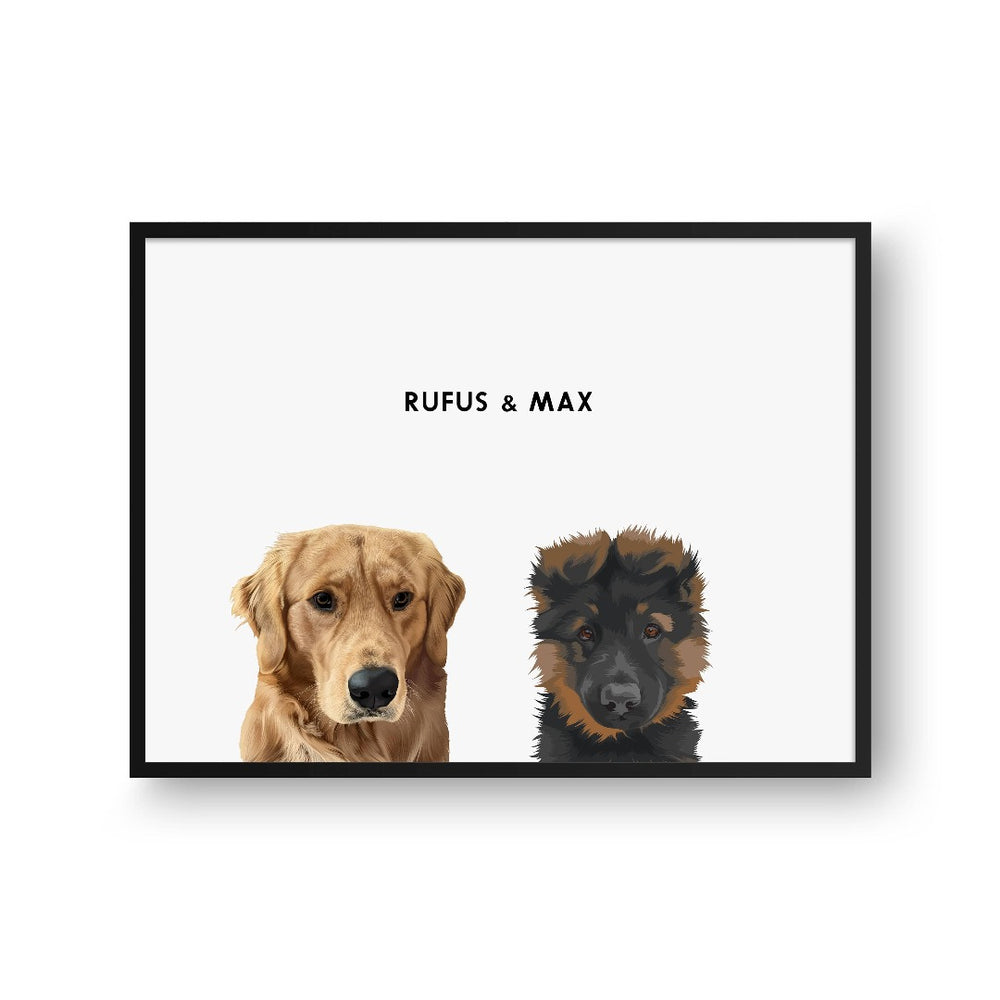
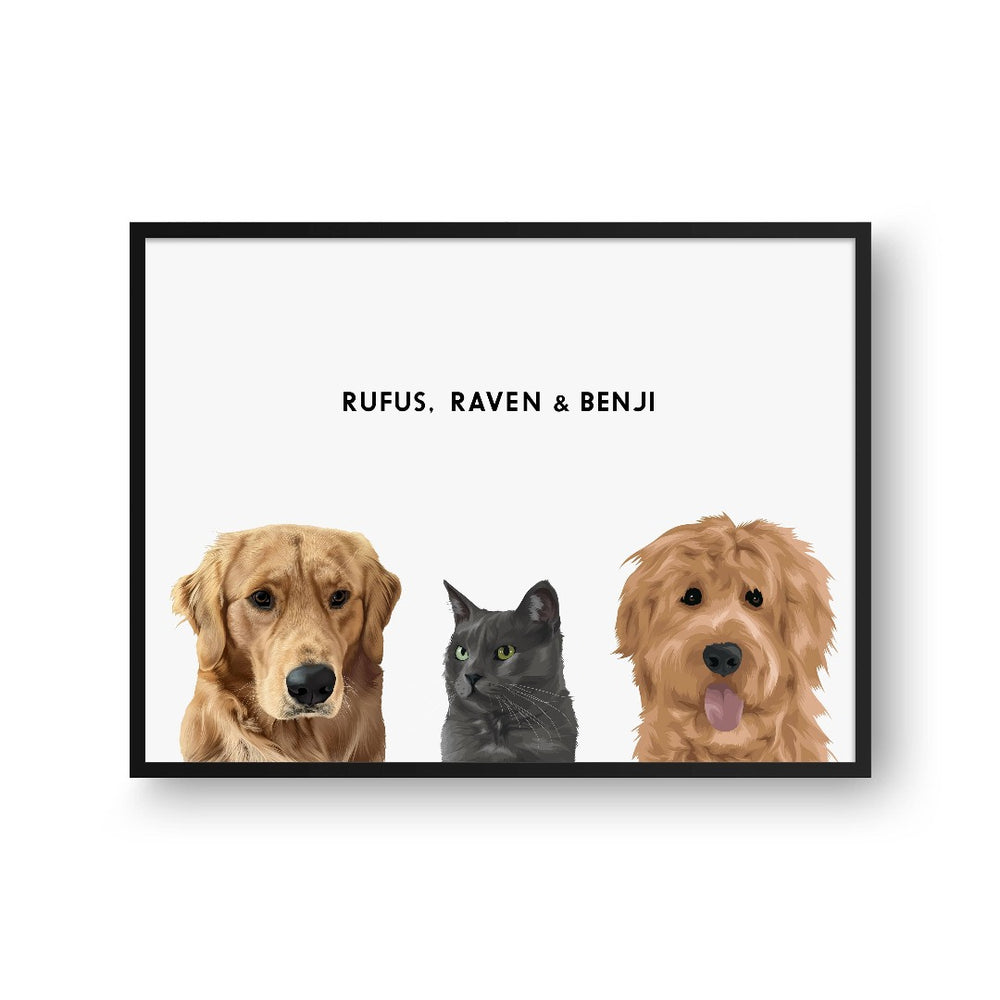
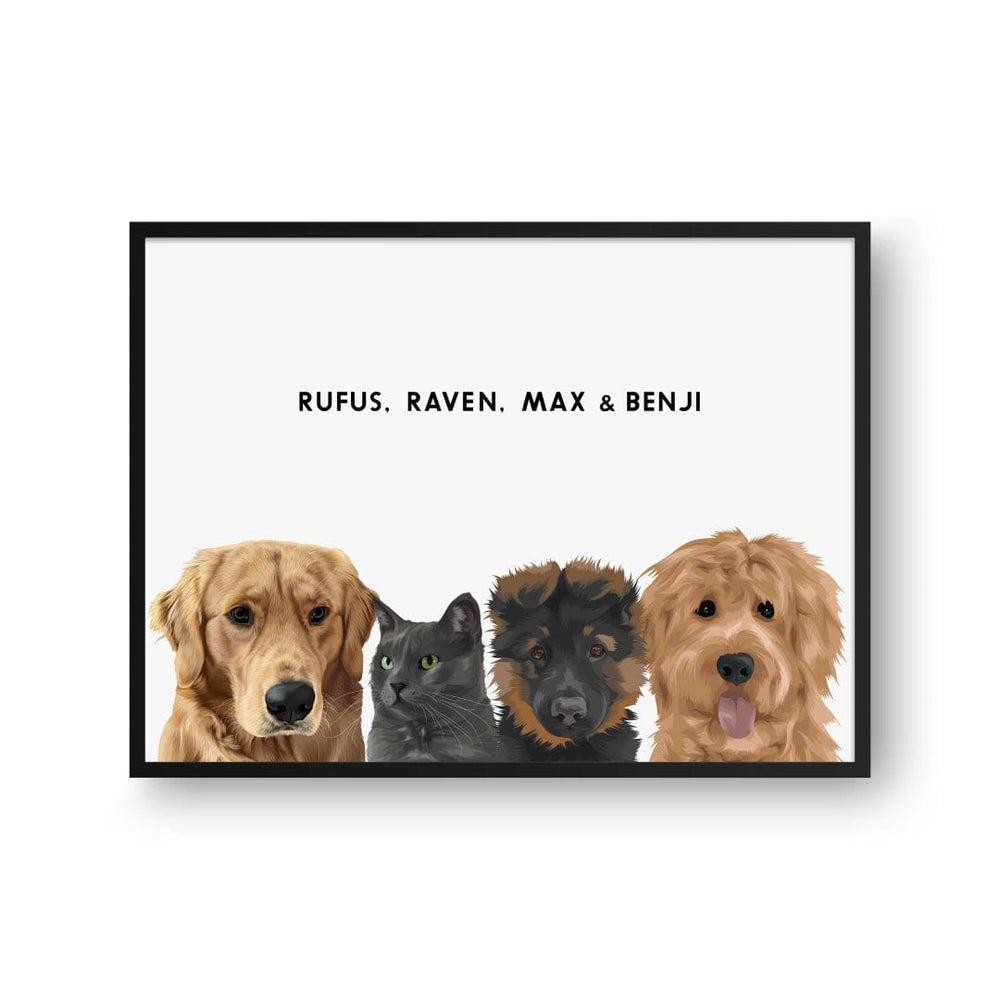
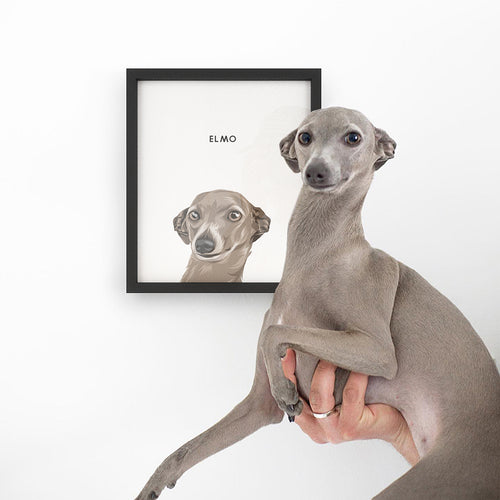
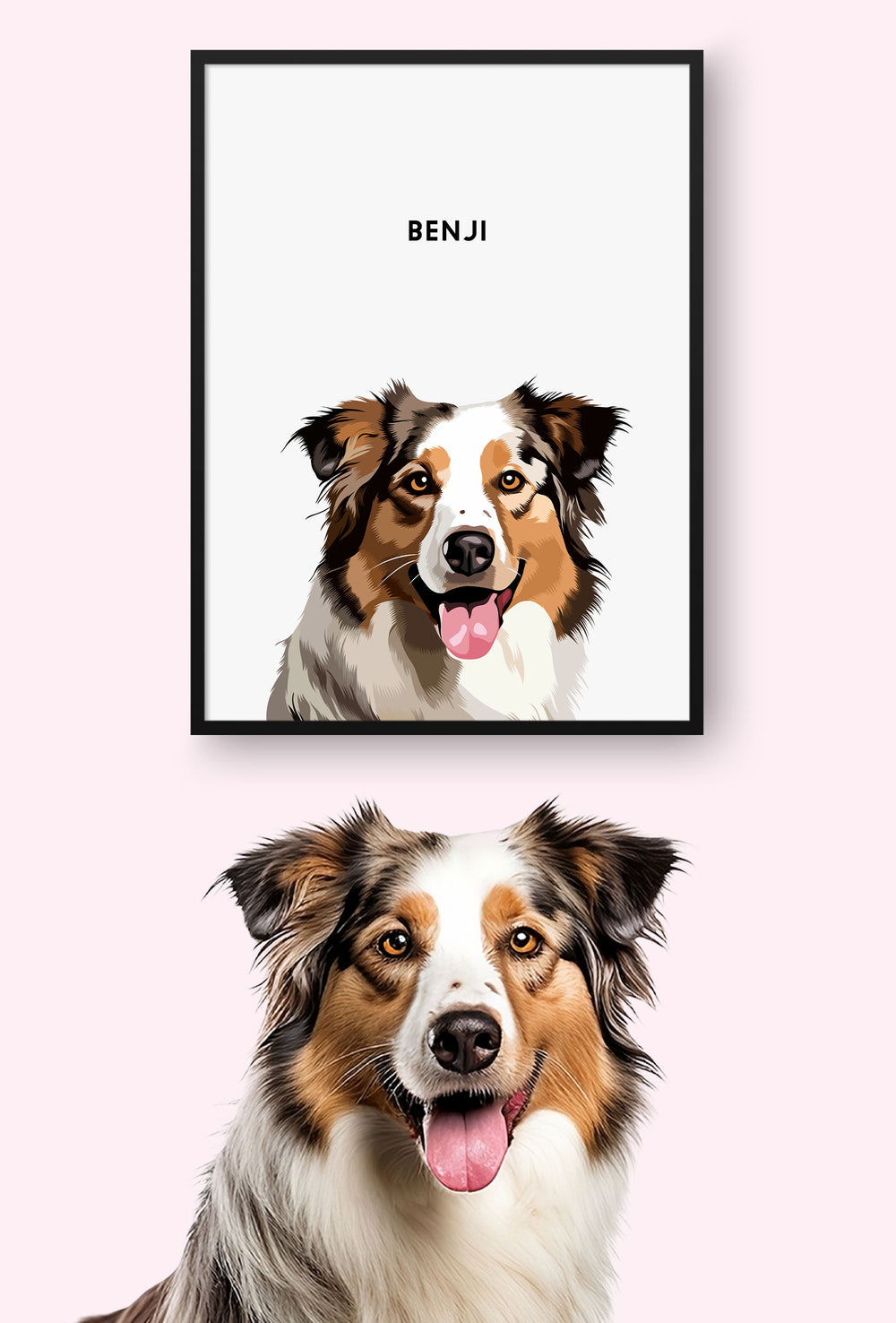
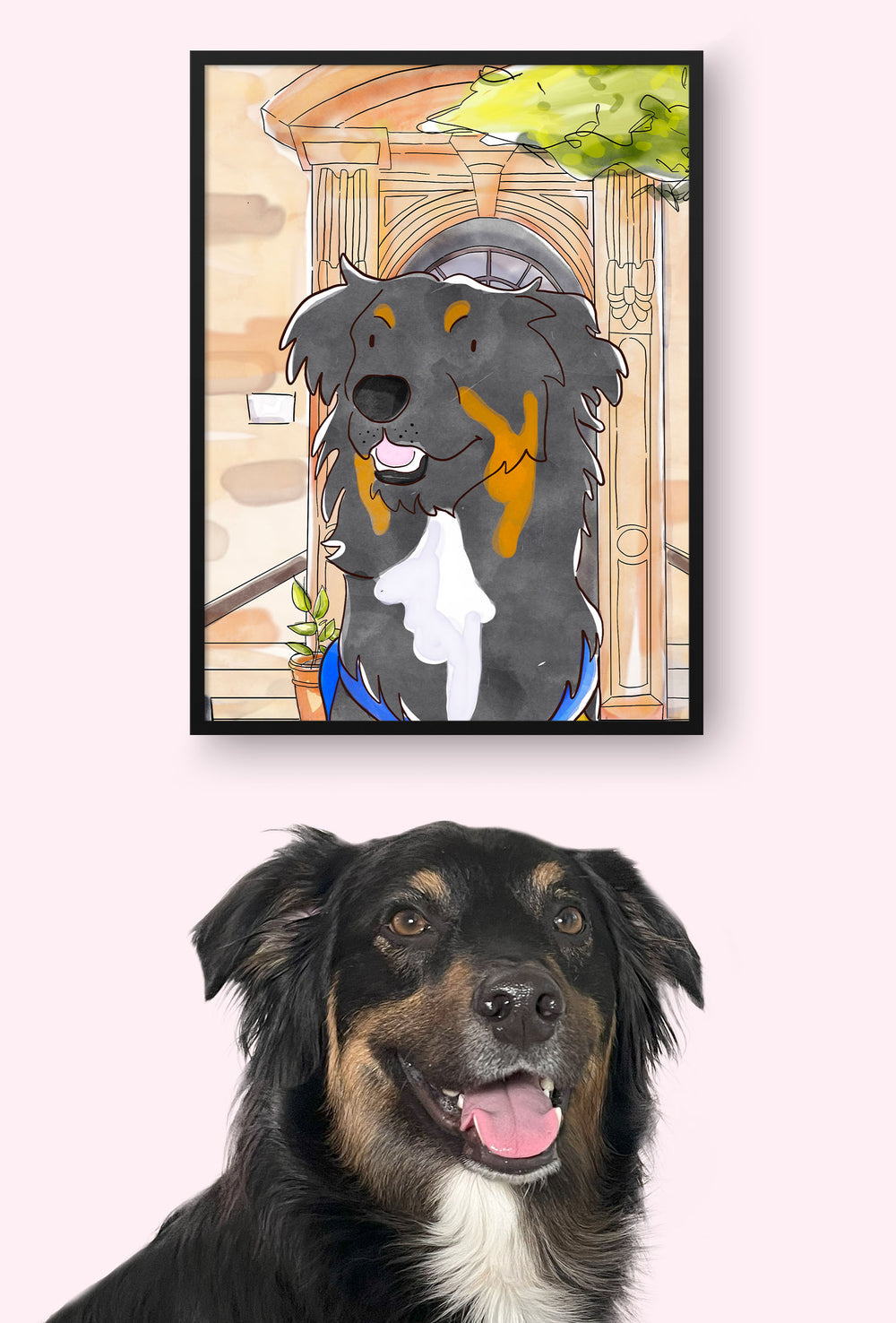

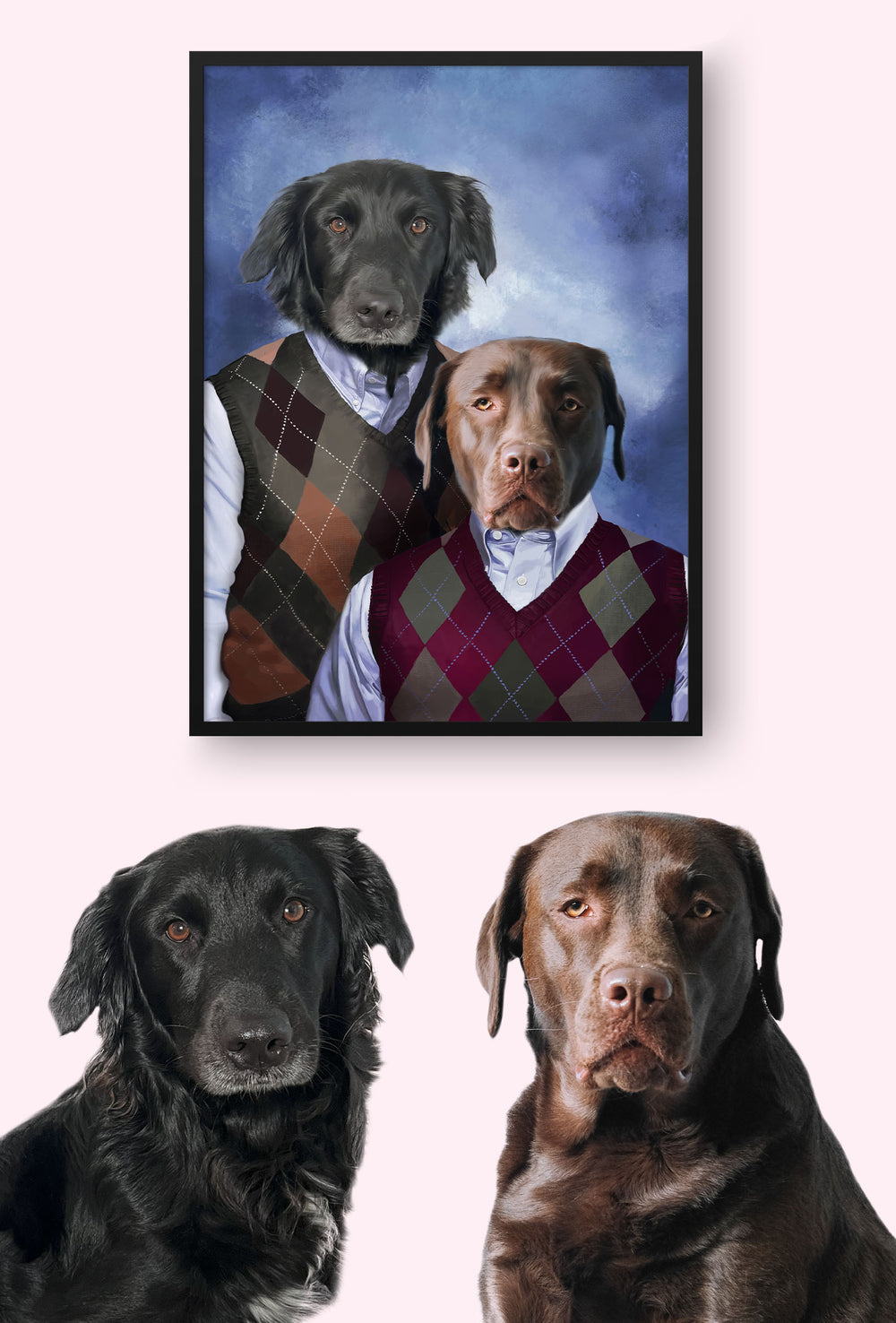
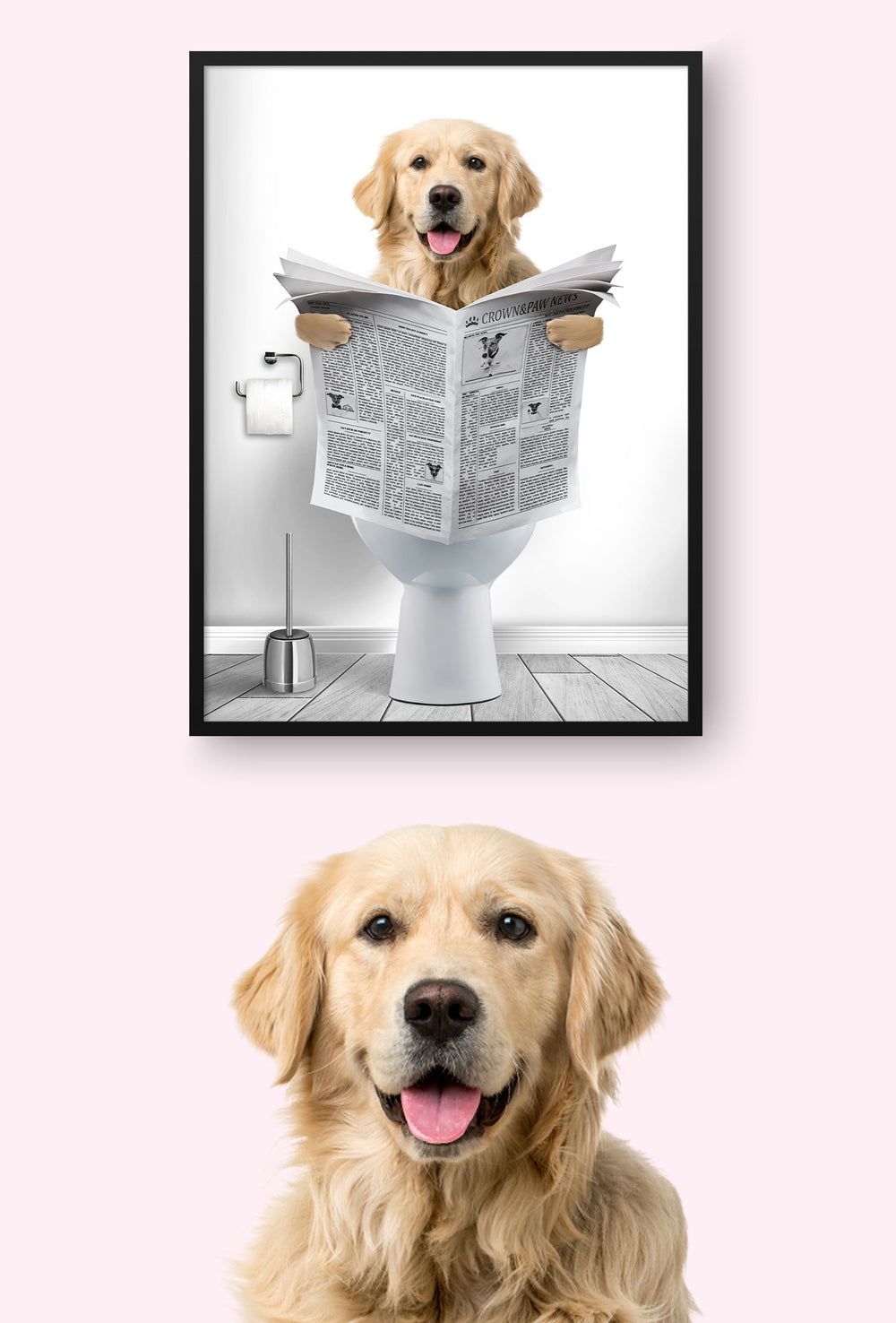
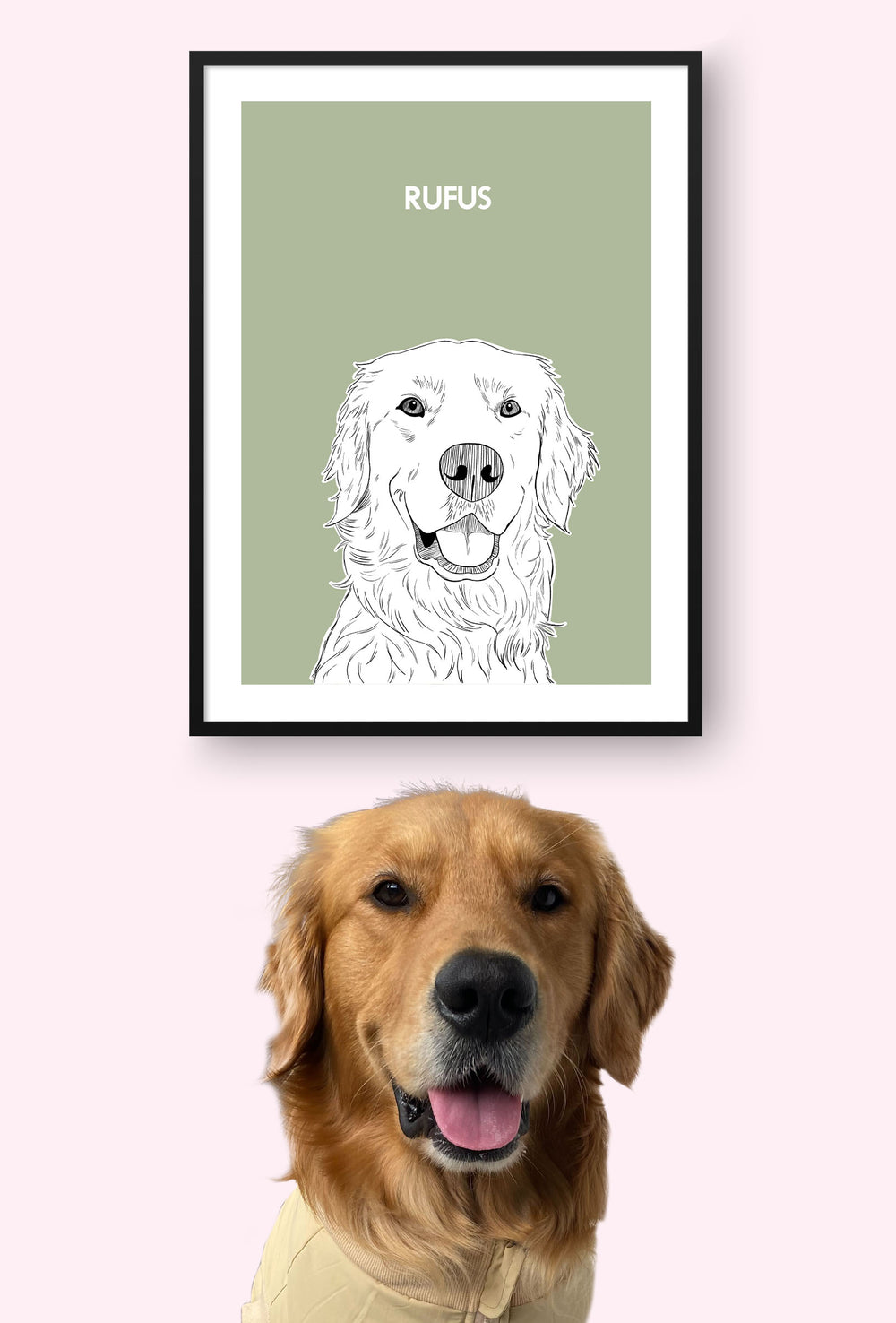
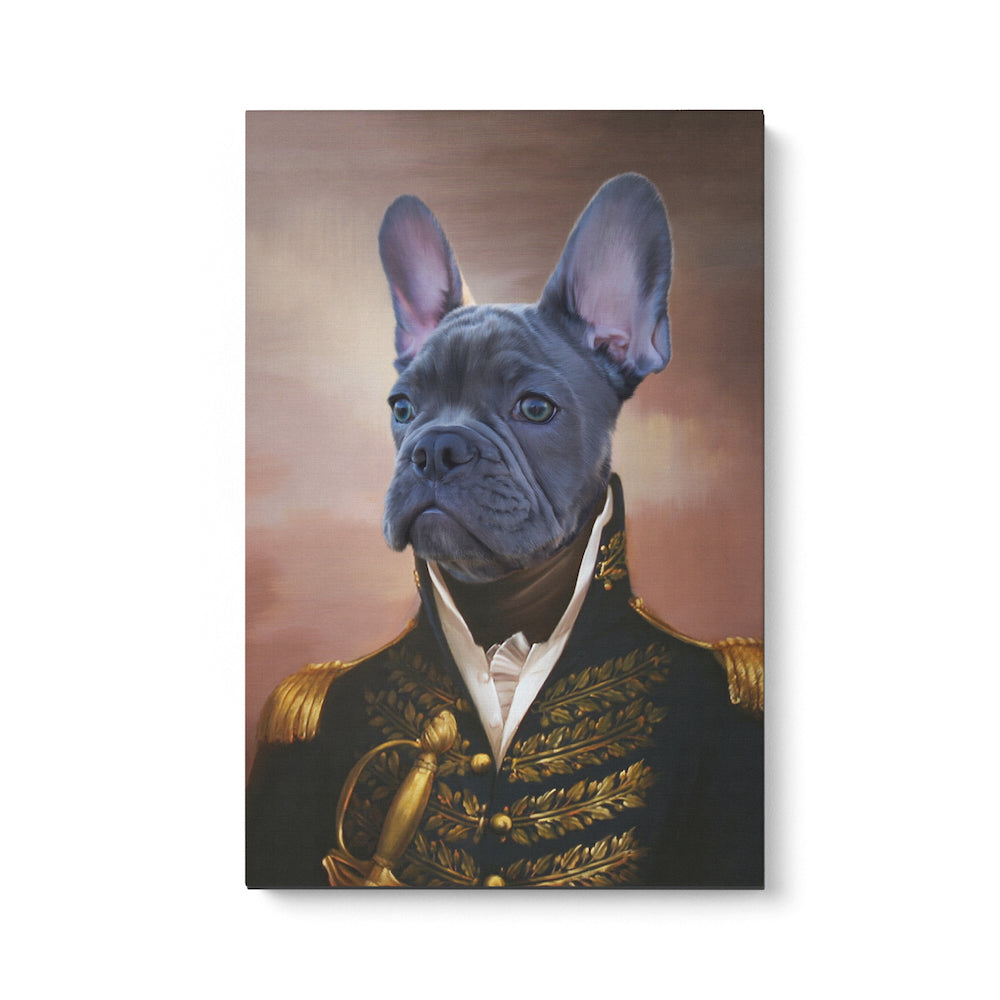

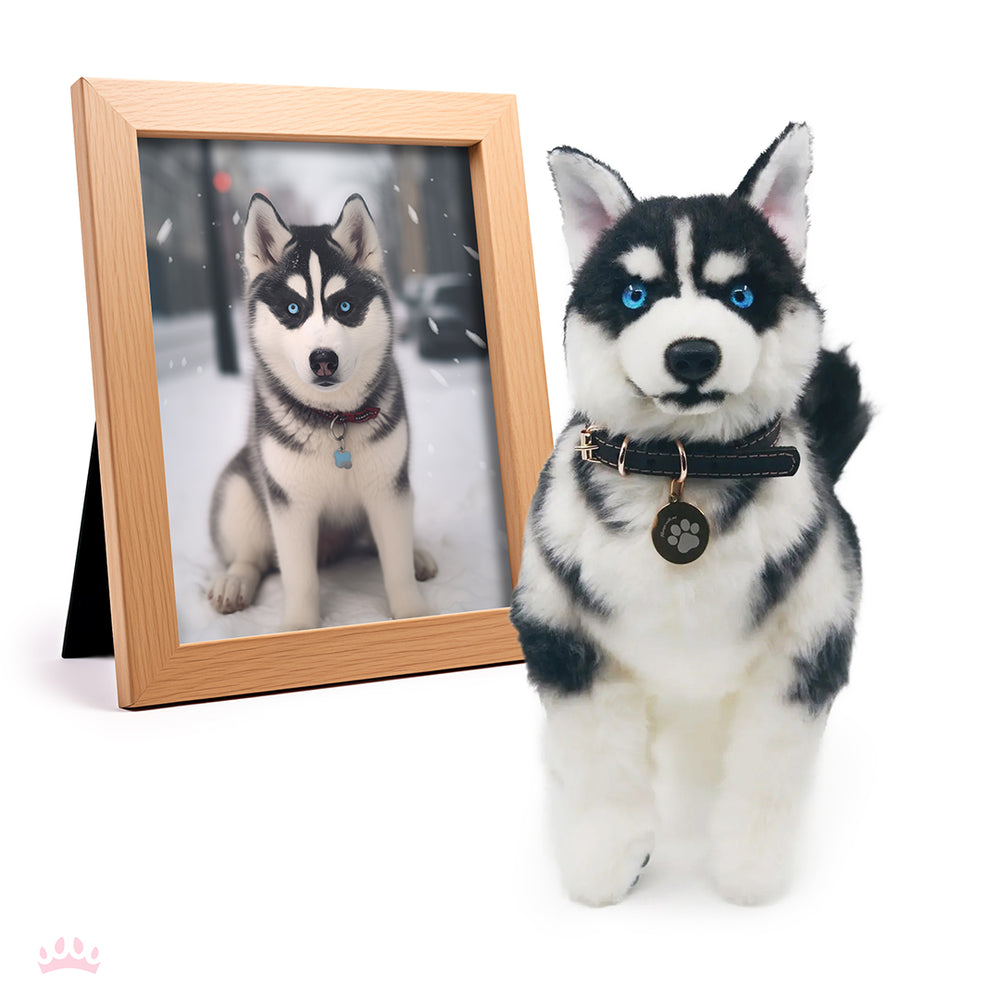
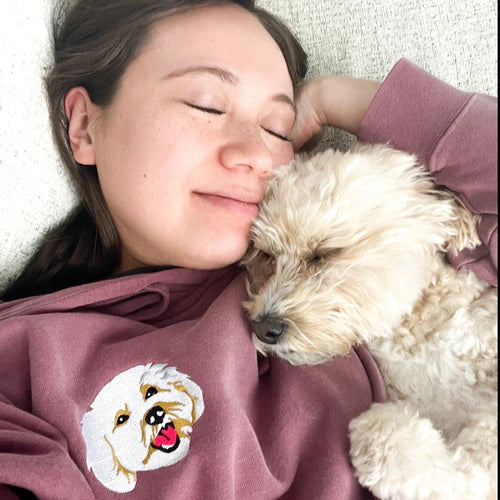
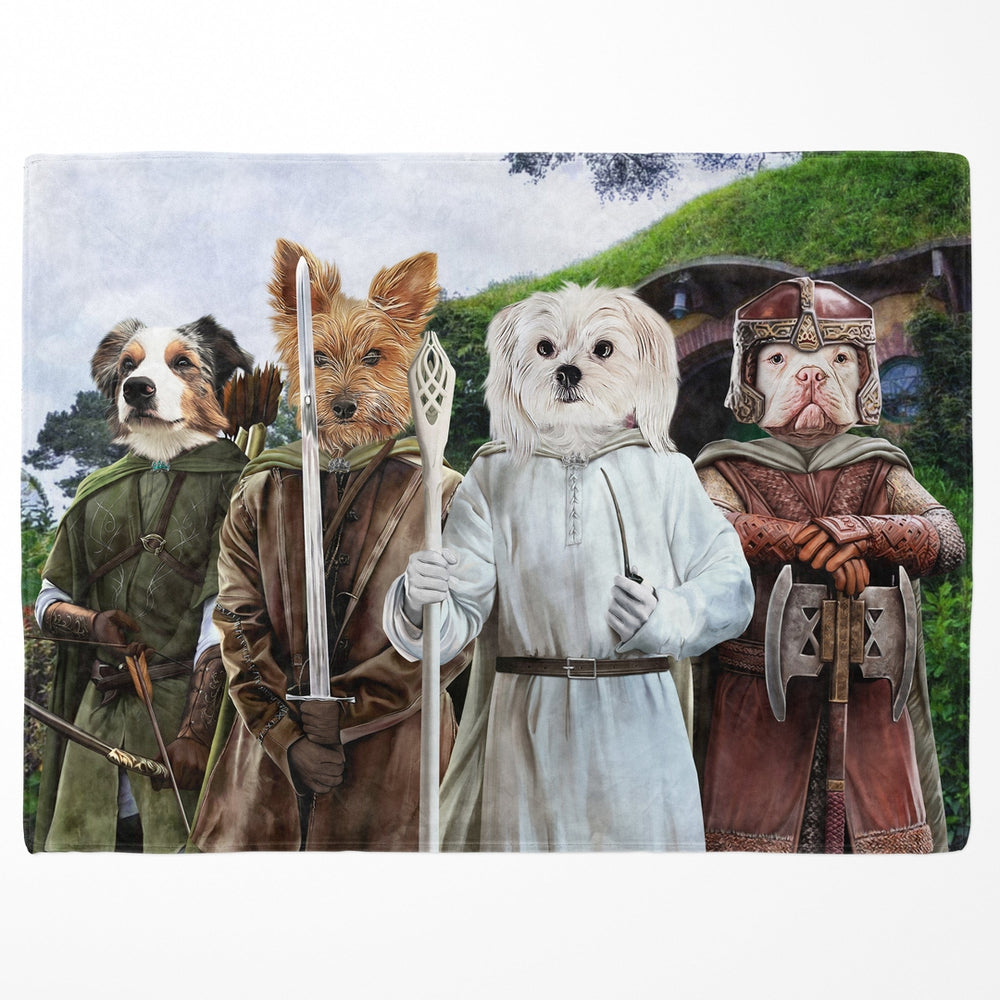

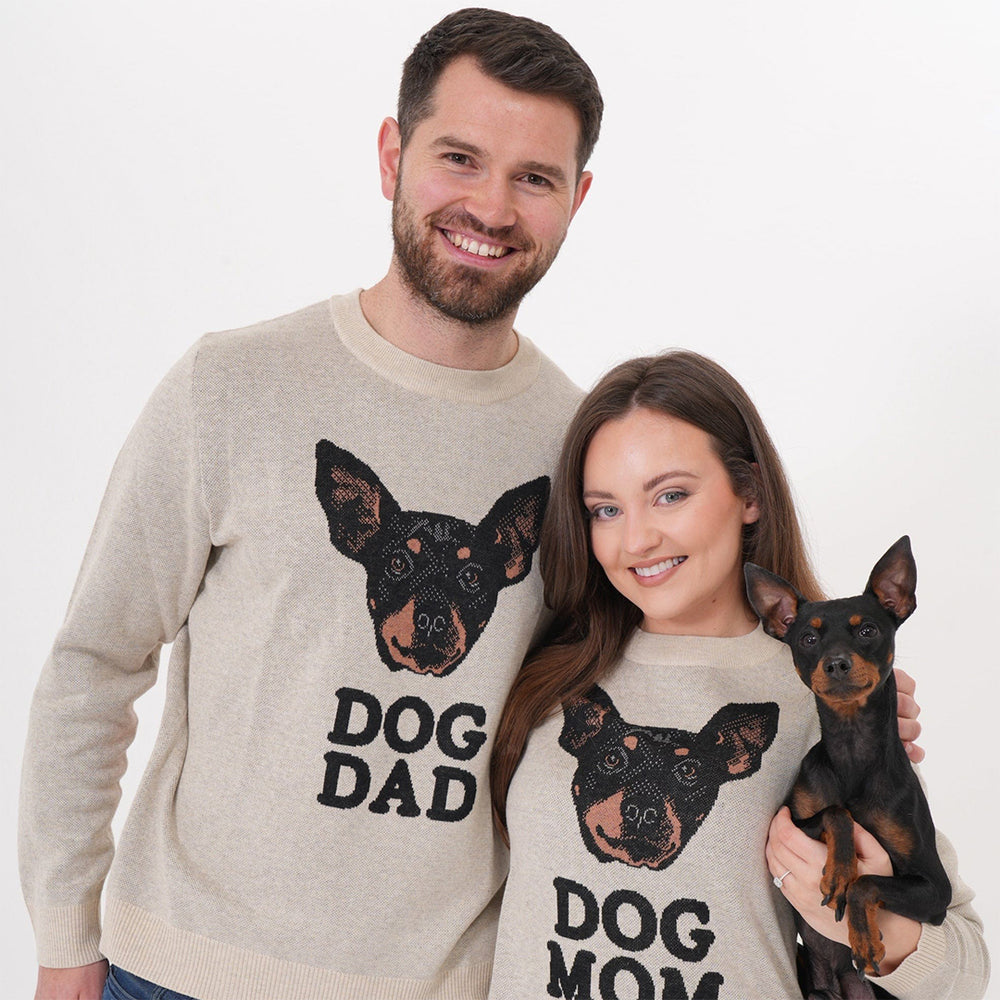






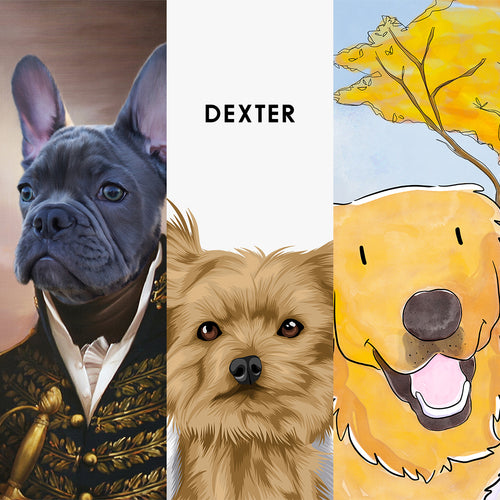
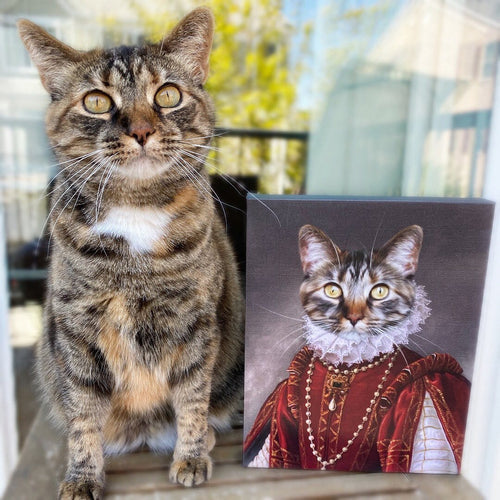
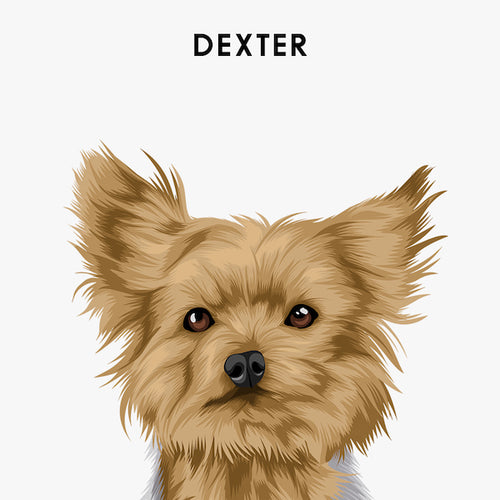
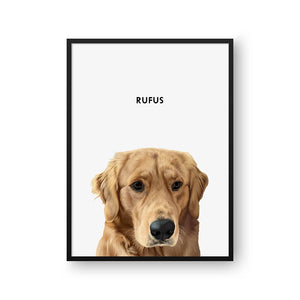 One Pet
One Pet
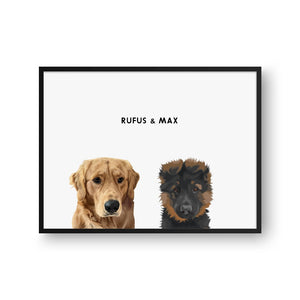 Two Pets
Two Pets
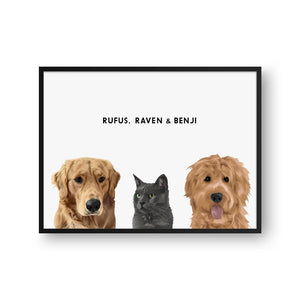 Three Pets
Three Pets
 Four Pets
Four Pets
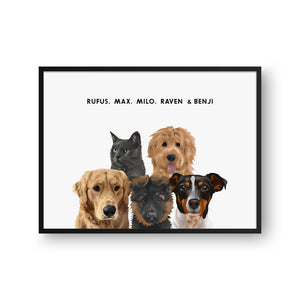 Five Pets
Five Pets
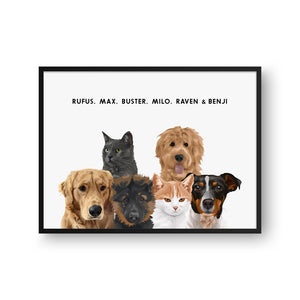 Six Pets
Six Pets

 The General
The General
 The Golden Girl
The Golden Girl
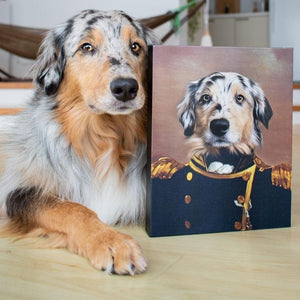 The Admiral
The Admiral
 The Princess
The Princess
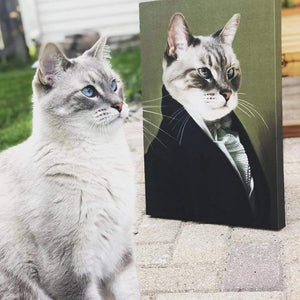 The Ambassador
The Ambassador
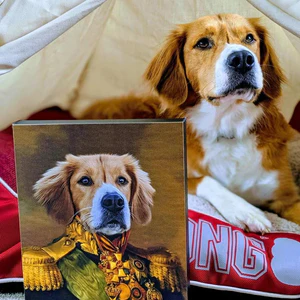 The Colonel
The Colonel
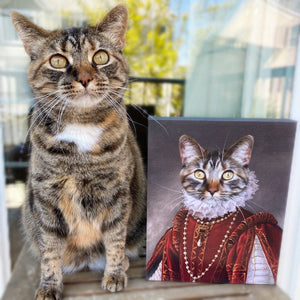 The Queen of Roses
The Queen of Roses
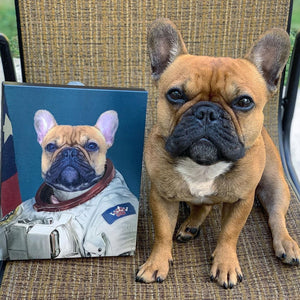 The Astronaut
The Astronaut
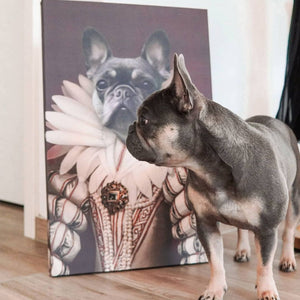 The Queen
The Queen
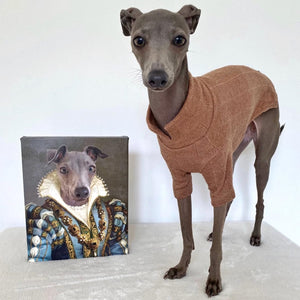 The Sapphire Queen
The Sapphire Queen
 The Aristocrat
The Aristocrat
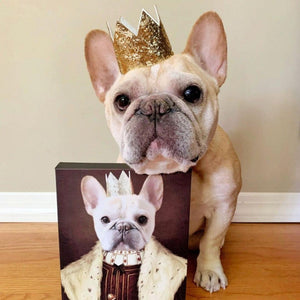 The Young King
The Young King
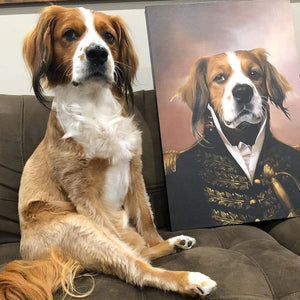 Male Pets
Male Pets
 Female Pets
Female Pets
 One Pet
One Pet
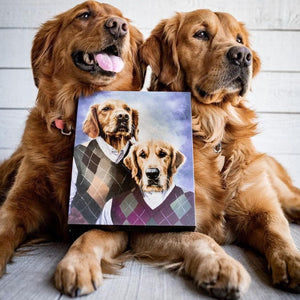 Two Pets
Two Pets
 Three Pets
Three Pets
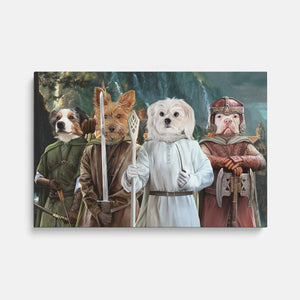 Four Pets
Four Pets
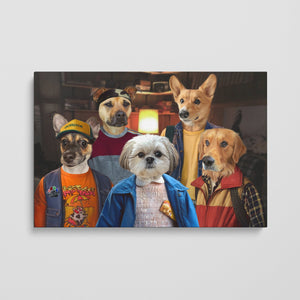 Five Pets
Five Pets
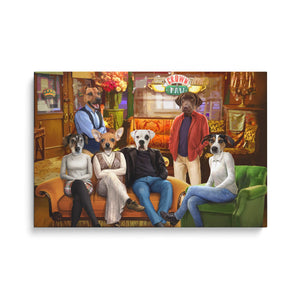 Six Pets
Six Pets
 Kings and Queens
Kings and Queens
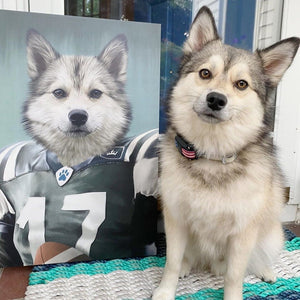 Sports and Hobbies
Sports and Hobbies
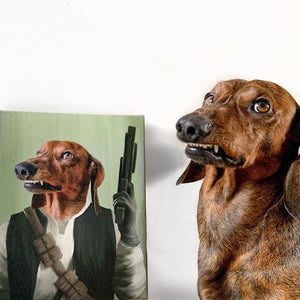 Galaxy Far Far Away
Galaxy Far Far Away
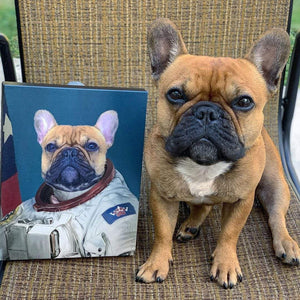 Jobs
Jobs
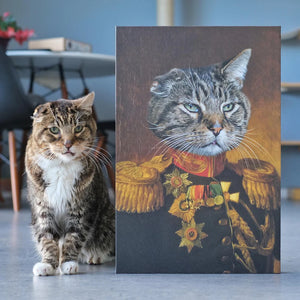 Military
Military
 Other
Other
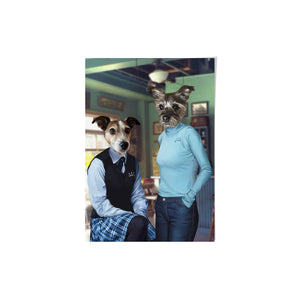 Poster
Poster
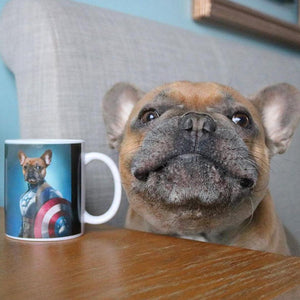 Mugs
Mugs
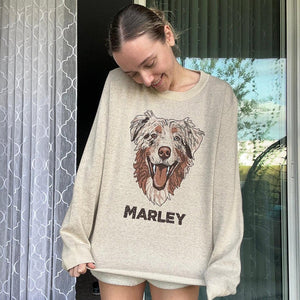 Apparel
Apparel
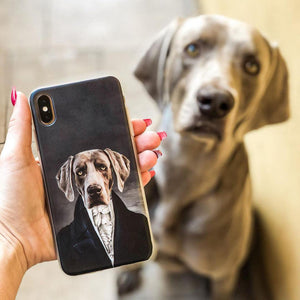 Phone Case
Phone Case
 Pillows
Pillows
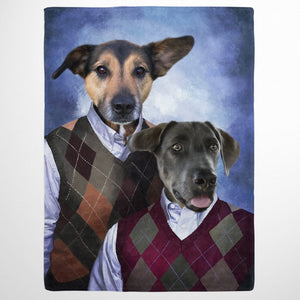 Blankets
Blankets

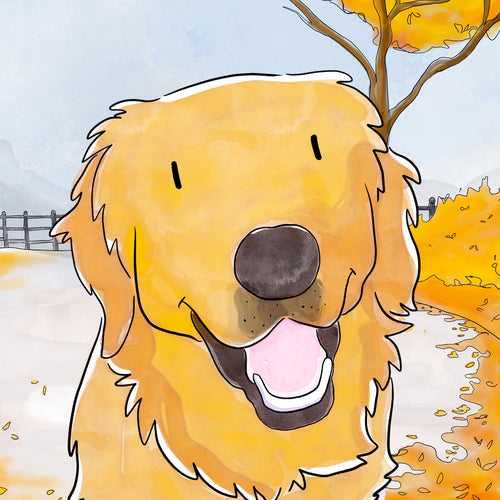
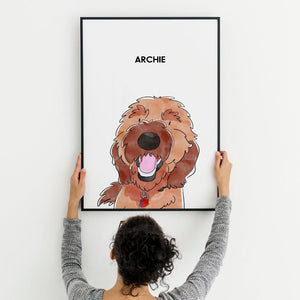 One Pet
One Pet
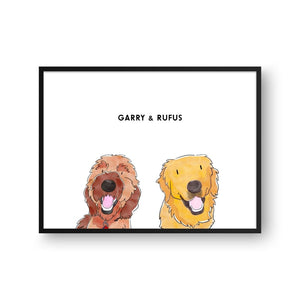 Two Pets
Two Pets
 Three Pets
Three Pets
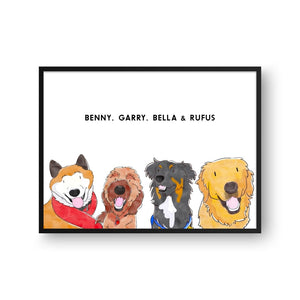 Four Pets
Four Pets
 Five Pets
Five Pets
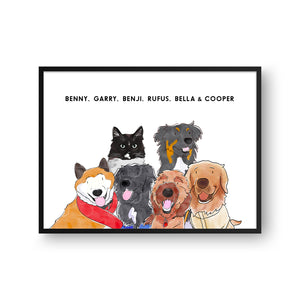 Six Pets
Six Pets
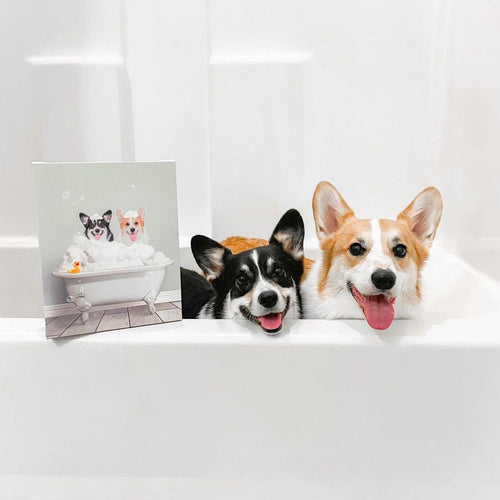
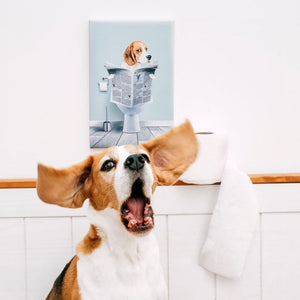 Restroom
Restroom
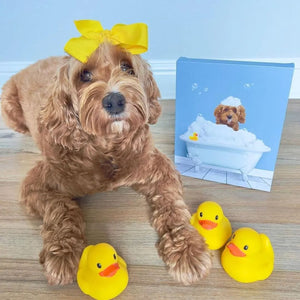 Bath (1 Pet)
Bath (1 Pet)
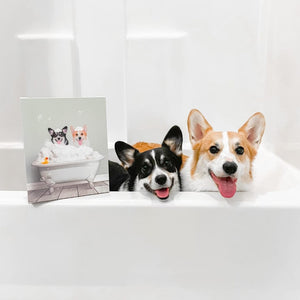 Bath (2 Pets)
Bath (2 Pets)
 Spa Day
Spa Day
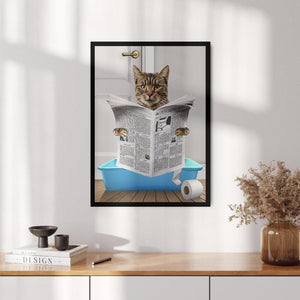 Litter Tray
Litter Tray
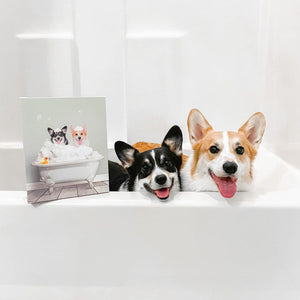 All
All
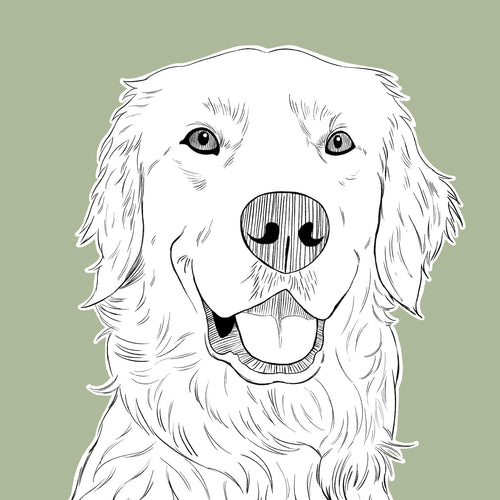
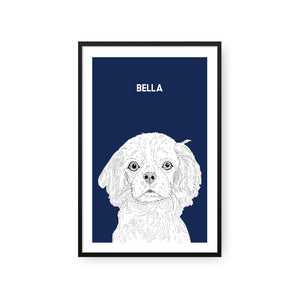 One Pet
One Pet
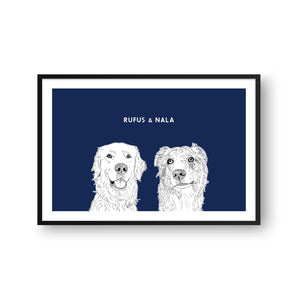 Two Pets
Two Pets
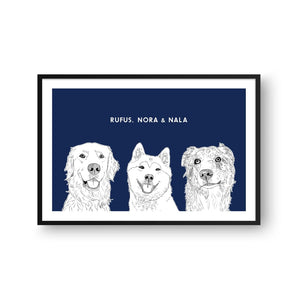 Three Pets
Three Pets
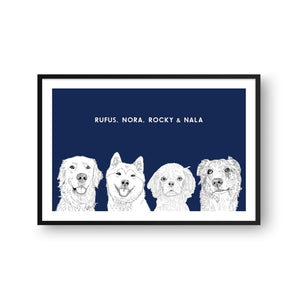 Four Pets
Four Pets
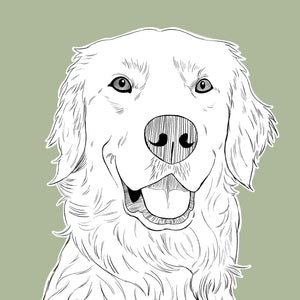 Classic Line Art
Classic Line Art
 Gold Foil
Gold Foil
 Silver Foil
Silver Foil

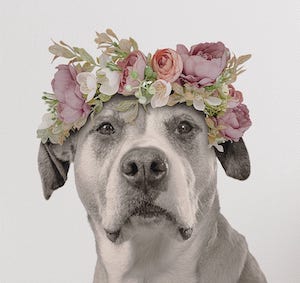
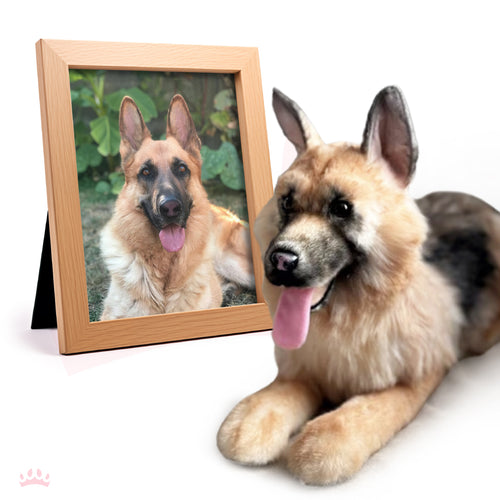

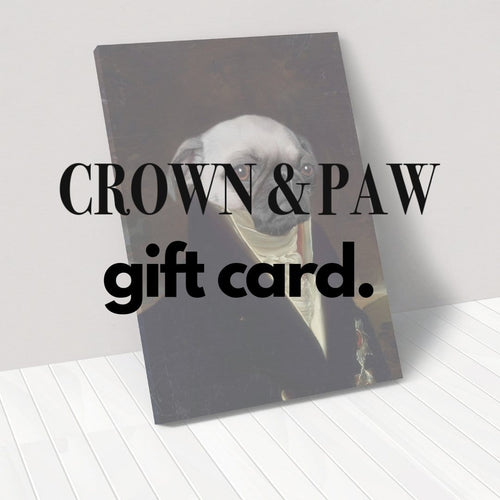



 Reviews
Reviews
 My Account
My Account
 Contact Us
Contact Us
 Help
Help


